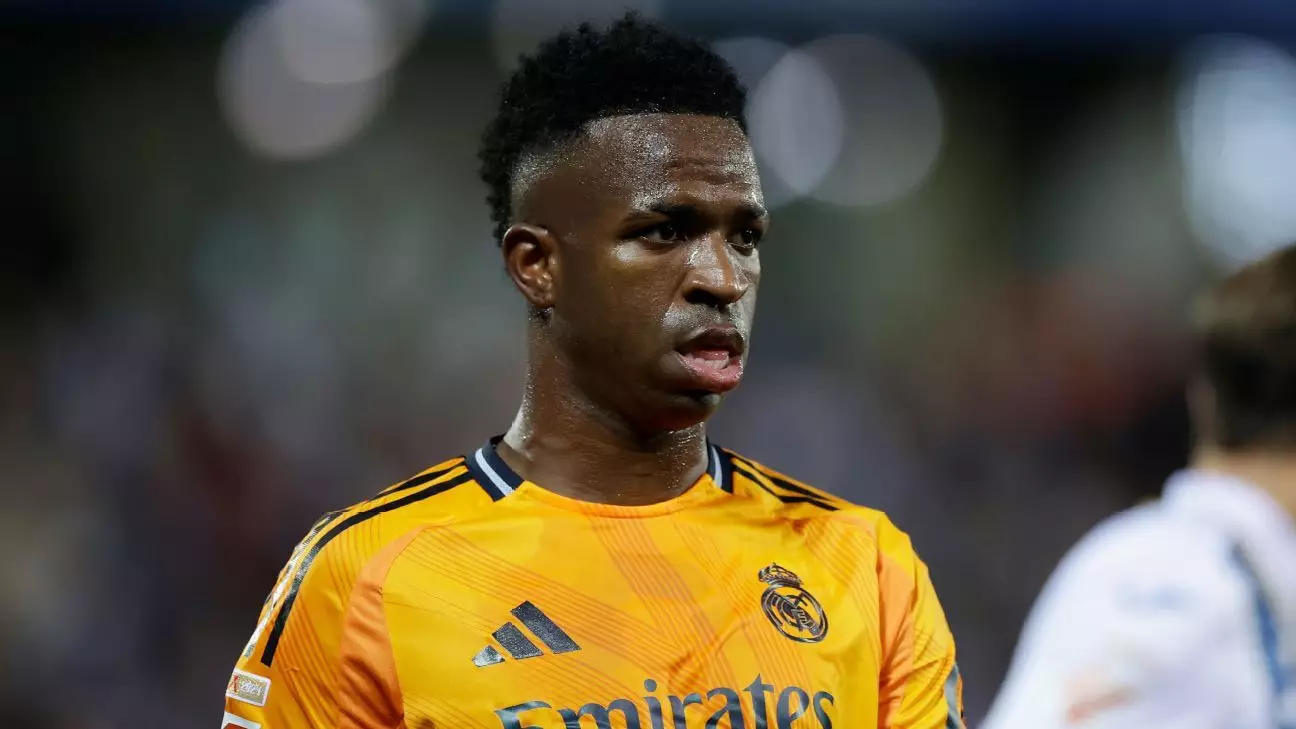Carlo Ancelotti, manager of Real Madrid, finds himself under intense scrutiny as his team struggles to regain their footing this season. Having endured two losses in their last three outings, the once bulletproof reputation of this prestigious club feels fragile, with a growing narrative focusing on the team’s decline. With rivals like Barcelona pulling away in LaLiga and Madrid slipping in the Champions League rankings, Ancelotti’s response to the mounting criticism reflects a mixture of responsibility and resilience. His public stance underscores the immense pressure soccer coaches experience when outcomes falter, particularly in a club known for its high expectations.
Criticism in football is not merely an occupational hazard; it can become a storm that coaches must weather. Ancelotti’s admission—recognizing that, as the head coach, he carries the load of the blame—is indicative of the role dynamics that define the sport. The media’s focus on his decisions following setbacks, particularly in high-stakes matches against formidable opponents like Liverpool and Athletic Club, illustrates a broader phenomenon where coaches serve as scapegoats for teams failing to meet expectations.
Undoubtedly, Ancelotti’s acceptance of criticism reflects maturity and professionalism. He emphasizes that recognition of the team’s shortcomings is crucial, insisting that critique can be a catalyst for improvement. “The team is not at its best,” Ancelotti acknowledges, indicating that honest self-assessment is vital in navigating the current turbulence. Despite the weight of external judgment, he remains steadfast in his belief that challenges can inspire resolution and stronger performances. Such resilience amidst adversity is a quality that many successful leaders, not just in sports but in any competitive field, must embody.
Yet, Ancelotti also highlights a significant point of contention: the personal nature of some critiques. He distinguishes between professional assessments—where tactical decisions are questioned—and personal attacks that can chip away at an individual’s identity. This distinction opens a broader conversation about the responsibility of media analysts and fans in maintaining a respectful dialogue. Words can wound, and in the age of social media, where anonymity often fuels harsher criticisms, the impact of these comments can escalate.
Despite facing a barrage of adversity, Ancelotti maintains a positive outlook on the future, stating, “We have to be optimistic, keeping in mind the problems we’re having and have had.” His acknowledgment of the quality within the squad, even when results are not favorable, showcases his belief in underlying potential. This belief is vital not only for short-term morale but for long-term strategy. Professional sports are cyclical; periods of struggle often precede resurgent triumphs, and skilled managers know how to navigate these phases effectively.
In addressing Vinícius Júnior’s return to training, the coach nods to the silver lining in injuries: potential reinforcements can shift the dynamics of the squad. However, the spotlight remains on Kylian Mbappé as he grapples with his form. Ancelotti’s assurance of support for the struggling star conveys a sense of unity within the squad—an essential component in overcoming hurdles. Recognizing that players might falter yet still possess the capacity for greatness reflects a deeper understanding of the psychological landscape within elite sports.
Ultimately, Ancelotti’s belief in gradual improvement speaks to the overarching narrative of perseverance central to the sport. The connection between players, particularly an emerging star like Mbappé, and the established team dynamics will develop over time. Winning is often about chemistry just as much as skill; hence, Ancelotti’s focus on cultivating that connection should resonate with fans eager to see progress.
As Real Madrid faces their next challenge against Girona, the team stands at a crossroads—not only in their season but also in their identity. The resilience embodied by Ancelotti may well turn criticism into a powerful motivator rather than a debilitating force, reminding everyone that the essence of football, much like life, includes the capacity to rebound from struggles stronger than before. The critical eyes of the football world may be fixed firmly on Ancelotti, but history has shown that sometimes, the road to redemption is just around the corner.

